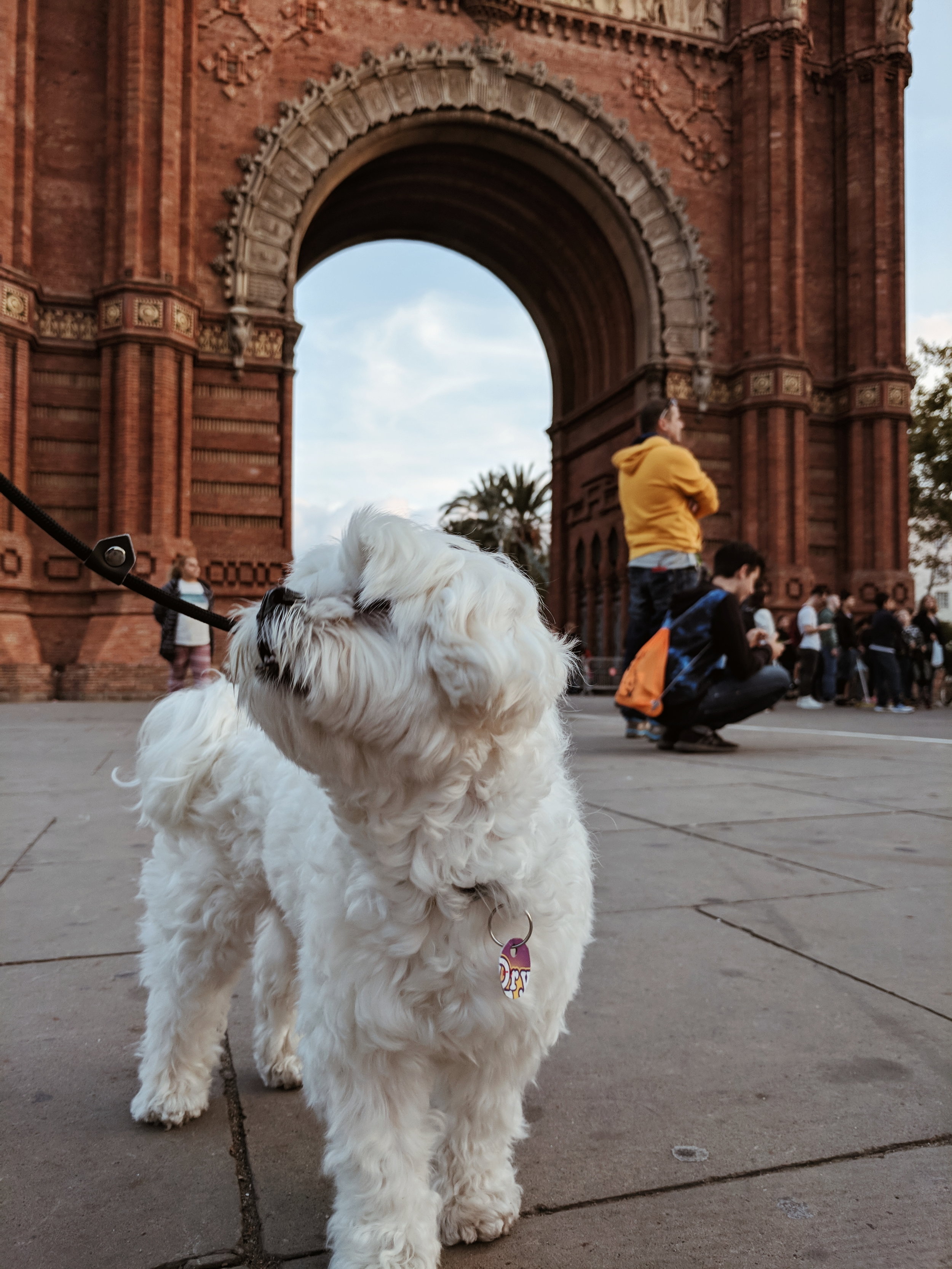Life on the Road with Megan Yu
This is Megan’s first year at OHS and she has used the flexibility to immerse herself in a variety of different cultures.
Pixel Journal: Can you tell us a little about yourself?
I’m Megan and I’m currently a full time junior here at OHS. As someone who loves learning and trying out new things, I honestly have way too many interests and hobbies. However, I’m particularly passionate about connecting with others through technology and entrepreneurship, as well as reading, writing, running, and playing the piano in my free time.
PJ: Why did you join the OHS?
I joined OHS for the community and the challenge. Though my experiences attending international schools have definitely shaped who I am as a person, there were also a lot of limitations. Classes were largely fixed, restricted, and unchallenging, and I felt as though I was surrounded mostly by classmates who seemed to study only for grades. Joining the OHS became an opportunity for me to challenge myself to get out of my comfort zone.
PJ: Where are you from? Where do you live now?
I'm originally from San Ramon, California, but I moved to Seoul, South Korea when I was in seventh grade.
PJ: How would you compare Korea to the US? What are the main similarities and differences?
As a modern country, there are certainly a lot of similarities between Korea and the US - for one, technology is everywhere (perhaps even more so than in the US). But I’d say the underlying culture is where the two countries are the most different. Considering how quickly Korea went from being one of the world’s poorest countries to becoming an OECD with a large economy over the course of half a century, it’s not surprising that a lot of Korean attitudes haven’t caught up yet and are still stuck largely in tradition and old perspectives. In that sense, Korea isn’t as open to diversity as the US, particularly with the older generation (though attitudes have definitely begun to shift dramatically in the younger generations). There’s also still a lot more emphasis on “we” rather than “I” in Korea. This mentality permeates everything Koreans do, which can be frustrating because sometimes it feels as though there’s no sense of individuality. However, it’s difficult to criticize that aspect of Korean culture without also feeling torn and missing the sense of community and familiarity in Korea that definitely isn’t as apparent in the US. Stress culture and “hurrying” with everything you do is also a big part of Korea (which is not surprising, considering that this attitude is part of what helped South Korea to develop so quickly as a country). This culture extends particularly to school. Even though I attended an international school and not a local school, the school culture is a lot more competitive. Pretty much everyone attended hagwons (educational institutions, or cram schools) or found tutors.
PJ: I heard that you have traveled a lot recently. Could you tell us a bit about your trips?
Ever since I moved to Korea when I was 12, I’ve done a lot of traveling, visiting cities across Taiwan, Vietnam, Thailand, Singapore, China, Japan, Italy, and France, to name a few. But when I moved to OHS, we decided to take it as an opportunity to do what we wouldn’t normally be able to do, and experience life in different countries as locals rather than tourists. So over the last few months, I’ve stayed for extended periods of time in various cities across Spain, Czech, and Hungary, and it’s been an amazing experience, especially getting to see the subtle differences in culture and attitudes, even between cities in the same country. I’m back in Korea for a little while now, but there are definitely other places I’d still love to explore.
PJ: What motivates you to travel?
Perspective. Being an international student really changes the way you see the world, and as someone who is constantly trying push past boundaries and definitions with everything I do, striving for new perspectives and ways of understanding is important to me. Other than that, there’s just this sense of wonder no matter where you go.
PJ: What are the 5 must-have items in your suitcase?
My textbooks, my computer, my rock collection (from all the places I’ve been), lots of jackets, and my dog - constantly being on the move really cuts down on the things you can carry with you.
PJ: Have you gotten to meet other OHSers?
Yes! I went to S@S this year so I got to meet a lot of other OHSers then, and it’s definitely made adjusting to an online school easier. Other than that, it’s difficult to meet people because I’m currently outside the US.
PJ: What has your experience been studying at OHS while being in another country? Struggles? Advantages?
Taking school with me everywhere I go has certainly been an interesting experience. Making sure I have a reliable internet connection no matter where I go has been a bit of a struggle, but finding places to take standardized tests as well as proctors for all the exams has probably been the most frustrating. But at the same time, it’s an incredibly rewarding experience to be able to immerse myself in different cultures without the sense of instability that comes with having to move schools all the time.
PJ: What would be your favourite country to live in?
I’ve only really ever lived in the US and South Korea, but being an international student often means that no matter where you go, you never totally feel at home - the idea of home is always shifting because you and the people around you are always moving. Still, even though I lived in California for more than twelve years of my life, Korea almost feels closer to home for me right now because many of my closest friends, as well as a few of my closest relatives, live there.
But besides that, it’s hard to say - I always miss the most random things about each place. Like eating Chinese food in California. Somehow Korea always manages to Koreanize every dish they make, so basically, real Chinese food isn’t a thing in Korea unless you know where to go. And every time I fly back to California, it’s hard not to miss the transportation system in Seoul. Subway stations, buses, and taxis are incredibly easily accessible all over the city, as well as modern, well taken care of, and fairly inexpensive - it’s totally possible (and reasonable) to live in the city for years without a car, and there are also trains that go to other major cities in the country.
PJ: Any travel plans for the future?
Nothing set at the moment, but things never turn out the way you expect them to, so who knows :) Definitely a lot of places I’d still love to see and explore.
Thank you so much for taking the time to tell us about your trips Megan. We really appreciate hearing from someone who has traveled so much. Best of luck with school and traveling!




